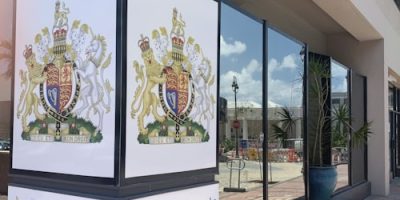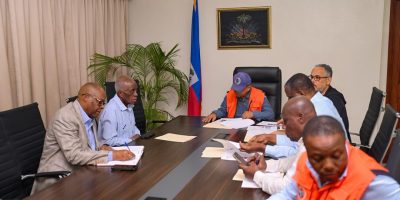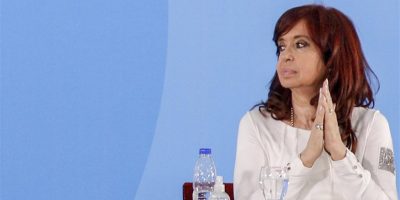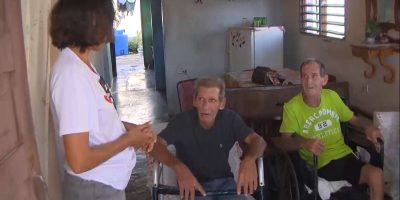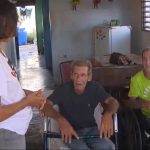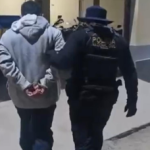Cologne’s 19-year-old shooting star Said El Mala was a surprise addition to Germany’s final World Cup qualifying squad, as head coach Julian Nagelsmann has picked his last squad of 2025 for his team’s final two World Cup qualifiers against Luxembourg and Slovakia.
El Mala has played just nine Bundesliga games, remarkably only starting in two of those games, but four goals and two assists were enough to convince Nagelsmann he was worth taking a closer look at. The Krefeld-born winger, who was signed by Cologne in the summer of 2024 but spent last season on loan at third division city rivals Viktoria, has been a huge factor in Cologne’s surprisingly good start to the new Bundesliga season. The newly-promoted team find themselves just outside the top six. El Mala has also played four times for Germany’s U21s.
“Said El Mala should show us his carefree and lighthearted side,” Nagelsmann said of the youngster being called up.
Germany expects Nagelsmann to deliver
Leroy Sané is part of the Germany team for the first time since his move to Galatasaray this summer, and Malick Thiaw returns after a two-year absence. The likes of Nathaniel Brown, Jamie Leweling and Ridle Baku are also involved and are pushing to be in the conversation for Germany’s World Cup squad next year. Robert Andrich, Robin Koch and Maximilian Beier were all not called up, as was the case for in-form Bayern Munich youngsters Tom Bischof and Lennart Karl.
After a big win against Luxembourg and a hard-fought away win in Belfast, Germany sit top of Group A but only on goal difference against of Slovakia. With a win expected against minnows Luxembourg, (a game in which Germany will be wearing their new World Cup jersey) the final game of the group stage in Leipzig against Slovakia offers a real showdown for top spot – the only automatic qualifying spot for the 2026 World Cup. That being said, Germany have already qualified for the 2026 World Cup playoffs whatever the results in November because they qualified for the Nations League Final Four.
Germany’s squad will meet in Wolfsburg on Monday before their final World Cup qualifying stretch begins.
Edited by: Max Merrill


